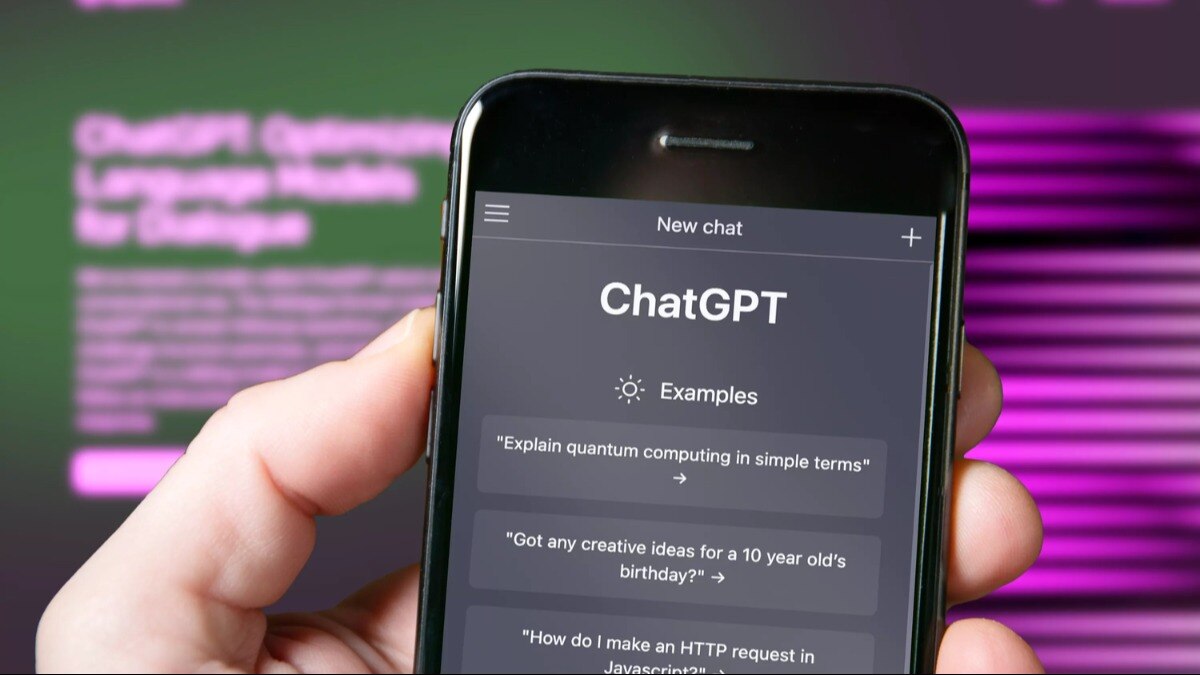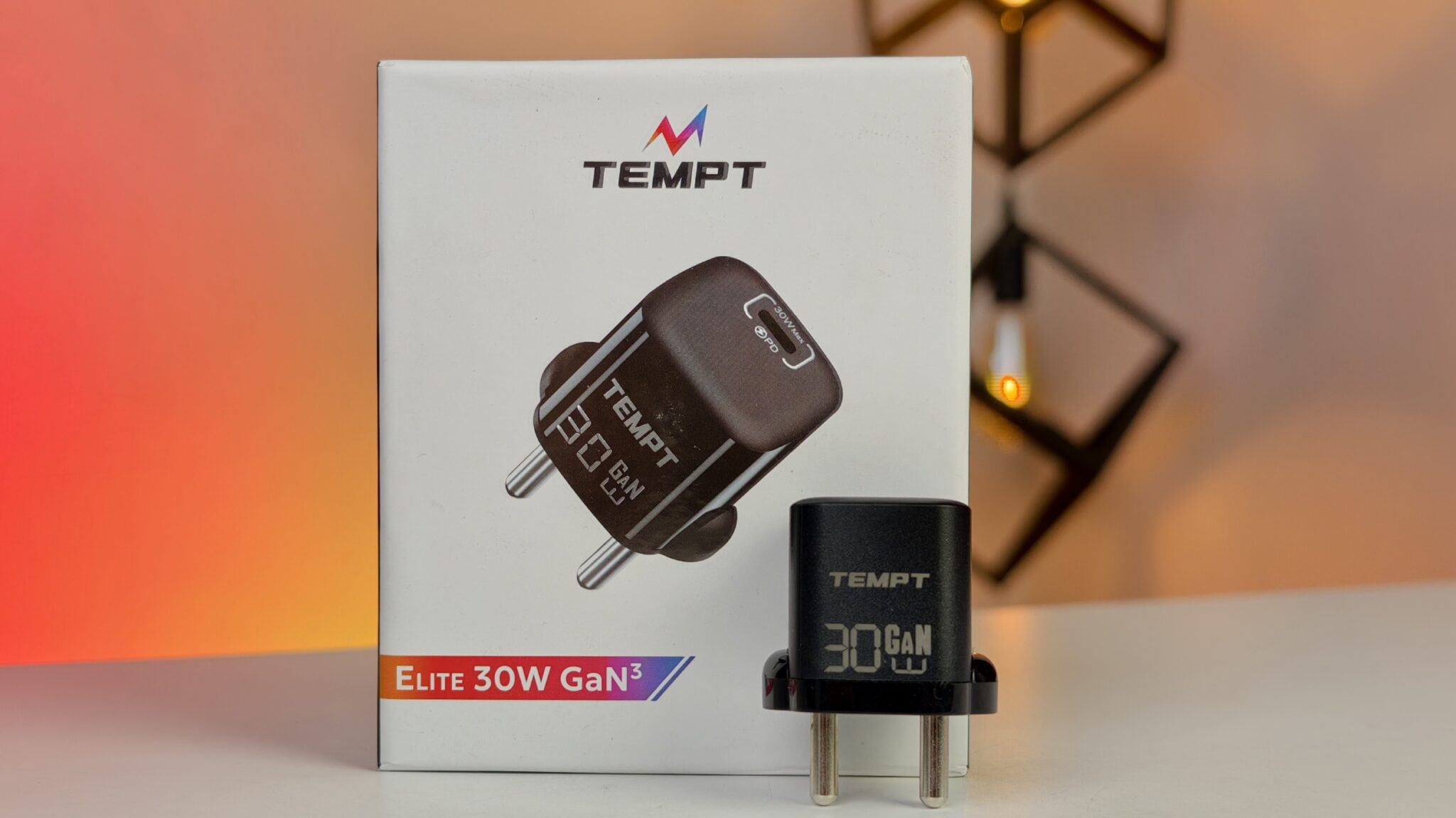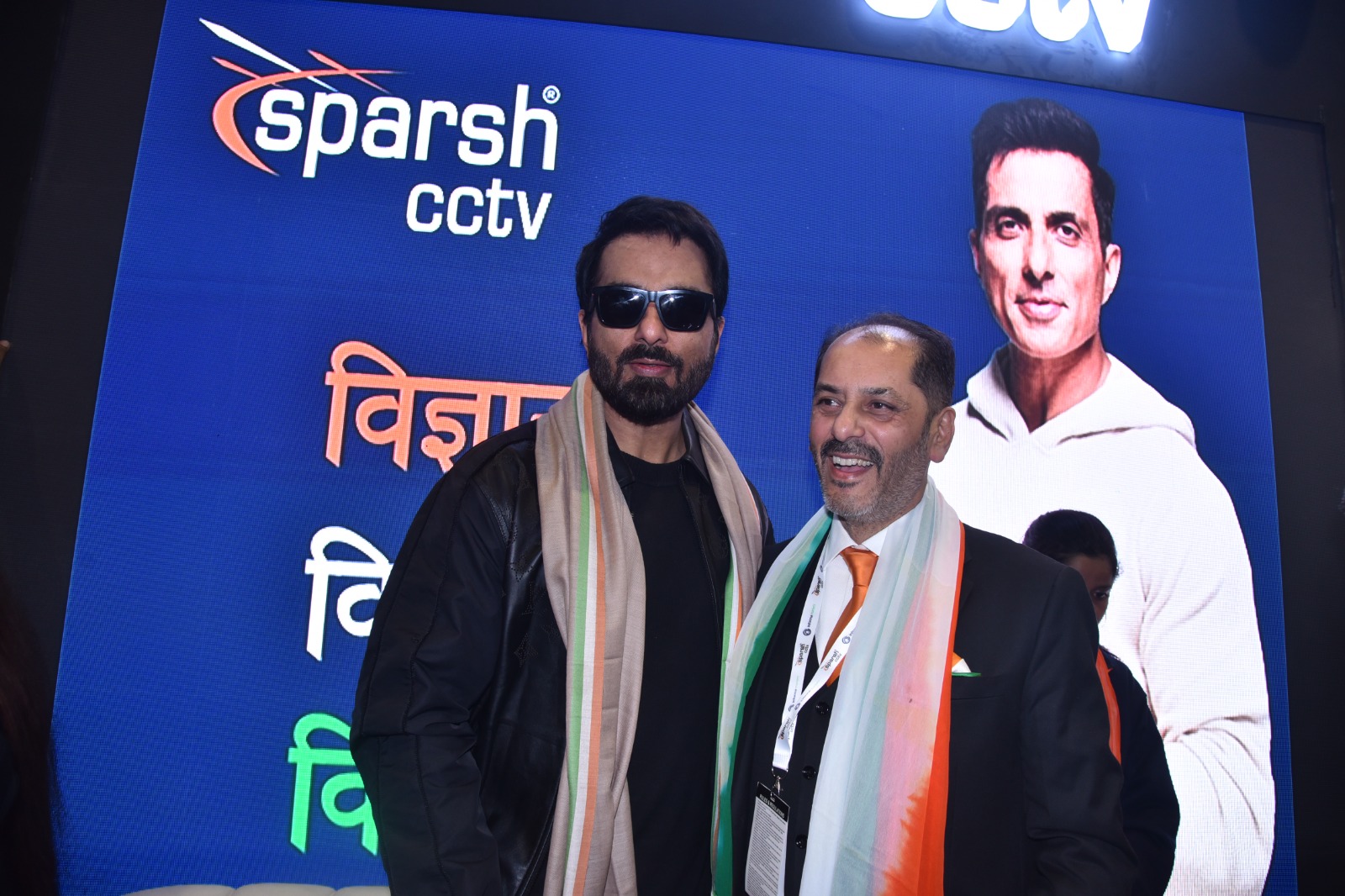The global artificial intelligence race is heating up, and a new contender is rapidly emerging as a major player: India. In a recent revelation that has sent ripples across the tech world, OpenAI’s Chief Operating Officer (COO) has announced that India is now ChatGPT’s fastest-growing market. This news isn’t just a statistic; it’s a powerful indicator of India’s burgeoning appetite for advanced AI technologies and its potential to shape the future of how we interact with machines.
While the exact figures and names of the COO have not been publicly released in my search results, the sentiment is clear: India’s adoption of ChatGPT has been nothing short of phenomenal. This surge in popularity speaks volumes about the country’s tech-savvy population, its rapidly expanding digital infrastructure, and the increasing recognition of AI’s potential across various sectors.
What’s fueling this incredible growth? Several factors appear to be at play. Firstly, India boasts a massive and young population that is increasingly digitally literate. The widespread availability of affordable smartphones and internet access has created a fertile ground for the adoption of new technologies like ChatGPT. Millions of Indians are now online, eager to explore and integrate AI into their daily lives, work, and education.
Consider the impact on education. Students are using ChatGPT as a tool to understand complex topics, generate ideas for assignments, and even practice their writing skills. While concerns about academic integrity exist, the potential for personalized learning and enhanced understanding is undeniable. Imagine a student in a remote village gaining access to a powerful AI tutor that can explain concepts in their local language and cater to their individual learning pace. This is the promise that ChatGPT holds for education in India.
The business sector is also witnessing a significant impact. From small startups to large corporations, Indian businesses are exploring how ChatGPT can improve customer service, automate repetitive tasks, generate marketing content, and even assist in research and development. Think about a small business owner who can now leverage AI to create compelling product descriptions and engage with customers on social media, tasks that previously required hiring dedicated personnel. This accessibility to advanced AI tools is leveling the playing field and empowering businesses of all sizes to compete more effectively.
Furthermore, India’s thriving IT and software development industry is actively exploring and integrating ChatGPT into their workflows and offerings. Indian tech companies are known for their adaptability and their willingness to embrace new technologies. The rapid adoption of ChatGPT is a testament to this spirit, with developers finding innovative ways to leverage its capabilities to build new applications and services for both domestic and international markets.
The government’s push for digital transformation is another crucial factor. Initiatives like Digital India have laid the foundation for widespread internet penetration and digital literacy, creating an environment conducive to the adoption of AI technologies. The government is also exploring the potential of AI in various sectors, including agriculture, healthcare, and governance, signaling a long-term commitment to leveraging AI for national development.
But this rapid growth isn’t without its challenges. Concerns around data privacy, ethical considerations, and the potential for misuse of AI are valid and need to be addressed proactively. Ensuring responsible AI development and deployment is crucial to harnessing the full potential of technologies like ChatGPT while mitigating the risks.
The fact that India has become fastest-growing market is a significant milestone. It highlights the country’s potential to not just be a consumer of AI but also a major contributor to its development and application. This surge in adoption could lead to the emergence of new AI-powered solutions tailored to the unique needs and challenges of the Indian market, potentially serving as a model for other developing nations.
Imagine the possibilities: AI-powered healthcare solutions reaching remote populations, personalized agricultural advice for farmers leading to increased yields, and AI-driven tools helping to bridge the language barrier in a country as diverse as India. These are not just futuristic fantasies; they are becoming increasingly plausible with the rapid adoption of technologies like ChatGPT.
This news from OpenAI’s COO should serve as a wake-up call to the global tech community. India is no longer just a market to be tapped; it is a dynamic and rapidly evolving hub of AI adoption and innovation. The world needs to pay close attention to the developments happening in India’s AI ecosystem, as they could very well shape the future of artificial intelligence on a global scale. The sheer scale of India’s population, combined with its growing technological prowess, makes it a force to be reckoned with in the age of AI.
The journey has just begun, and the trajectory is exciting. As more Indians embrace the power of AI, we can expect to see even more groundbreaking applications and innovations emerge from this vibrant and dynamic market. The question now is not whether India will play a significant role in the future of AI, but rather how profound and transformative that role will be. The answer, it seems, is becoming clearer with each passing day. India is not just participating in the AI revolution; it is rapidly becoming one of its driving forces.



















